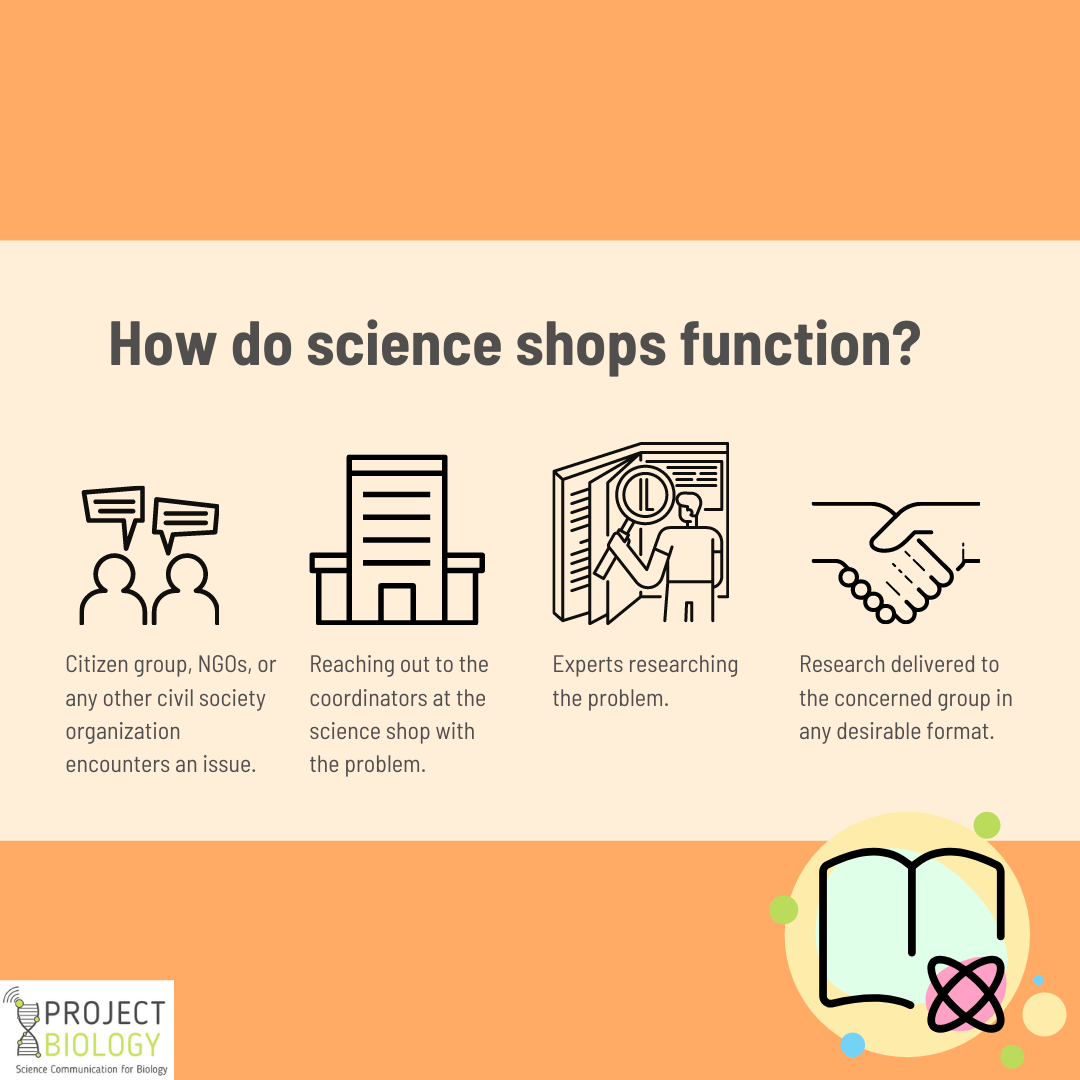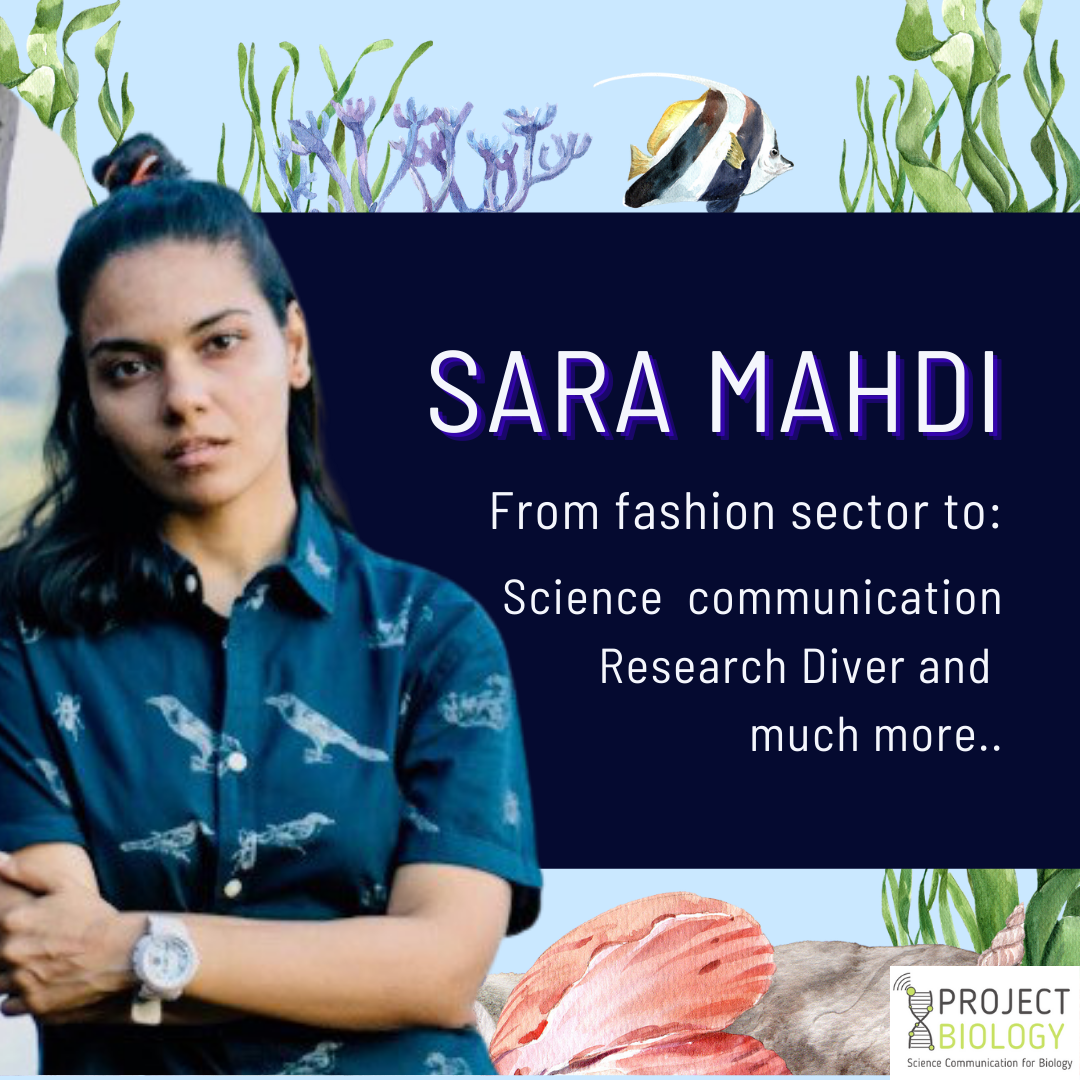In today’s tech-savvy world, communicating with each other has become a form of art. Offline communication has become a part of the yore. In such a scenario, how would you feel if you must talk directly to a person, say to even a friend whom you see after many years? Initially, we all feel a bit lost and then cope up. Now shifting gears, let me pose another question to you. How would you react if I tell that you must go and talk to a scientist for some reason? Think! You will feel nervous and get that familiar gut feeling. Right? Drop off your worries!
Key ingredients to communicate effectively with a scientist
Talking to scientists is not that difficult. Scientists are amusing people working in a variety of fields. So, the term “scientist” is broad. To strike a chord with scientists engaged in various fields, we must take one step at a time by focusing on scientists working in an area of research. Also, asking the right questions, keen listening, and an inquisitive mind are the main attributes needed for talking with scientists. Along with these attributes, if you follow certain tips and communication methods, you can effectively converse with scientists. So here, in the ensuing lines, I will take you through certain nuances and aspects of communication needed to strike up a conversation with scientists in general and keep it going. Are you ready to join me on this communicational jaunt? Let us begin…
Who is a scientist?
Before beginning a game, we must know about our opponents so that we will be able to chart out and execute a plan to win through. The same applies to communication. Here, scientists are the people with whom you will converse. So, who is a scientist? Scientists work on various domains. For instance, biologists view the living world through biology and its sub-domains as per their expertise. Some scientists work on fundamental research, where they unravel the mysteries of biological processes in tiny cells and organisms through chemistry. Others work on applied research and apply biological principles to bring innovations in agriculture, medicine, etc.
Ways to talk science with a scientist
Now, that once you familiarize yourself with whom the scientist is, what is his/her expertise and area of work, there are many ways and means by which you can contact them.
- A face to face interview or talk
- An email interview
- A skype or phone interview
Let us now plunge deep into using these forms of communication to strike a chord with a scientist.
Consider the situation wherein you are to talk to a scientist directly in person. You can deal with the situation with the following tips.
Understand the scientist’s professional background
First, understand the professional background of the scientist with whom you are going to talk. Assess his/her standing in the field.[3] This is crucial for you to decide the course of your conversation. For example, scientists working on fundamental research spend most of their time working on proteins, DNA, and other wonder molecules within tiny cells. They are scientifically enriched. Most of them find it difficult to explain their work in lucid terms for the public to understand. That is where your role as an interviewer or science communicator becomes important. You need to ask the right questions and get what the scientist says correctly to produce a satisfactory conversation.
Decide on the purpose of the conversation.
Next, decide on the purpose of your conversation. Whether the talk with the scientist is for an article about his work or a podcast, or is it going to be a casual conversation, say, a talk over a coffee cup at a conference.
An interview for an article on the scientist’s work
- For an article on the scientist’s work, read a good deal about the scientist’s earlier research works, publications, and professional career.
- List down a set of questions that you feel are important to be answered by the scientist. Start the conversation with a short informal comment to break the ice.
- Never forget to record the conversation and listen to it again to get the comments correct. But before recording, ask permission from the scientist.
- Listening constitutes an important chunk in conversations. So listen keenly to the scientist.
- When he/she talks about the subject on which they are working, it may be difficult for you to follow. This is true, particularly in the case of subjects like science. The scientist can talk about various things ranging from tiny atoms to the genetic machinery, the various myriad proteins within an inconspicuous cell, cellular processes, or experiments using cute little animal models. These can go over your head. But don’t get nonplussed. You can request the scientist to explain the scientific aspects once again using a lucid metaphor for easy understanding.
- Finally, before concluding, thank the scientist for his/her time. This helps set up a good professional relationship.
Podcast with a scientist
- If you are making a podcast with a scientist, your questions must be more defined and arranged in the correct order.
- Run through a mock recording with the scientist before beginning the recording for the podcast.
- The interviewee should also be requested not to digress too much from the topic of interest and keep a low level of complexity in the talk. Remember to do this politely, without schooling, the scientist.
An encounter with a scientist in a conference
- If you are to strike a conversation with a scientist at the conference, completely read the conference themes and especially attend the scientist’s session, you want to talk to.
- Begin your talk by introducing yourself and quoting a detail from the scientist’s presentation at the conference. Say, it is a conference on Bioenergetics and the scientist whom you want to talk to presents a topic on “bioluminescent plants to save electrical energy.” You can read about bioluminescence and speak your thoughts to the scientist either as ideas or as doubts.
Email – the electronic thread to connect with a scientist
Getting a scientist to talk through email can be a much more herculean task if the email is not well-organized. Most scientists deal with complex experiments that are delicate to handle and require meticulous attention to every detail. Some tests and experiments take weeks to give results. Thus time sense, urge to do necessary things, and patience becomes part of the scientist’s demeanor. He/she may not have the time to look at unstructured emails and can remain unresponsive. So, you can follow the tips given below to get an answer from the scientist’s side.
- Be professional and start your mail with the words, “Dear Dr. _(Name)_.”
- Put down the purpose of your mail in the first paragraph, its implication in the second paragraph, and conclude by thanking the scientist for his/her time.
- Try to be concise and precise
- Organize and structure your email
- If critical issues are to be discussed, and the scientist cannot be present physically, prefer a phone or a skype call instead of email.
Phone or skype – media for a distant meeting with the scientist
- A skype call can follow the lines of a face to face interview tips mentioned above. But recording the call with the scientist’s permission plays a crucial role here to get the scientist’s words right. Do make a contingency plan ready in case the skype call gets interrupted by network issues.
- In such cases, phone calls may come to the rescue to save time. But these phone interviews must be the last resort, as the clarity level is low when you do not converse with a person seeing him/her directly. So, the scientist must ensure that the call’s content should be verified before it is published.
Concluding remarks
I hope, from the tips and ways mentioned above, you might have got the idea of how to go about talking to a scientist. Also, it is important to break the stereotype about scientists. The nerdy, solitary tags attached to scientists like biologists, especially as people who slog throughout their life with less pay in dealing with abstract matters about living organisms, should be changed. They should be viewed from a new light without prejudice, as people working hard to solve the various mysteries of the living world and its surroundings to offer a better life to all of humanity. Only then can one bring out the real essence and experience of conversing with a scientist in the form of an engaging article or podcast. That’s the point I wanted to drive home.



